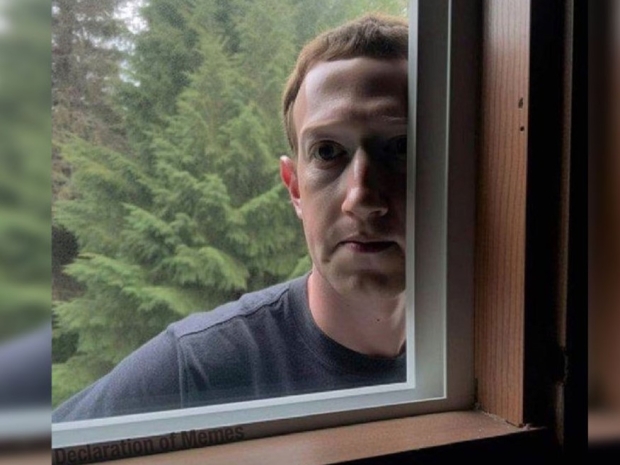Both Netflix and Facebook are under scrutiny for data exchange, with Netflix purportedly acquiring private messages and Facebook obtaining user watch history. This arrangement, reportedly costing Netflix over £100 million, highlights the reciprocal nature of the data sharing.
The document hints that Netflix started lobbying Congress in 2011 for the green light to share data in the US and, by 2013, had entered into a series of "Facebook Extended API" agreements.
Netflix first announced a Facebook integration in 2011 to share user data globally. Subsequently, the streaming giant initiated lobbying efforts with Congress to secure permission for such data sharing within the United States.
By 2013, Netflix had formalised a series of 'Facebook Extended API' agreements, including an 'Inbox API' agreement, which granted Netflix programmatic access to Facebook users' private message inboxes. In return, Netflix committed to providing Facebook with a fortnightly report on recommendation sends and recipient clicks.
In August 2013, Facebook reportedly granted Netflix access to its "Titan API," a private API that allowed a whitelisted partner to access Facebook users' messaging apps and non-app friends. The document suggests that the two companies maintained a cosy relationship for nearly a decade.
The court document reveals that Netflix ramped up its advertising spending on Facebook, reaching approximately £150 million annually by early 2019. This bombshell raises questions about the extent of data sharing between the two companies and user data privacy.
The documents—part of the class-action antitrust lawsuit Klein vs. Meta, which was filed in 2020—include several emails from Meta executives, including Zuckerberg. They allege that the project, in addition to being anti-competitive, constituted a "criminal" violation of the Wiretap Act.
A Meta spokesperson dismissed the claims in a statement: "There is nothing new here — this issue was reported on years ago. The plaintiffs’ claims are baseless and completely irrelevant to the case.”

